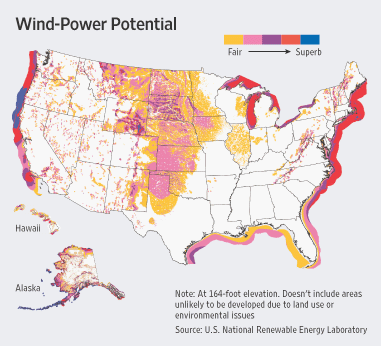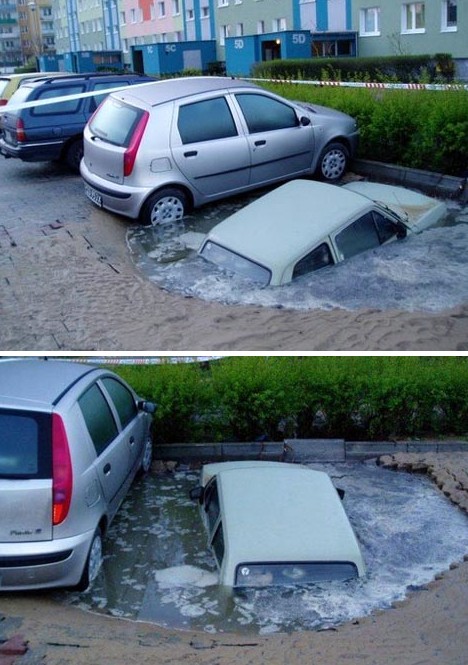Friday News Digest
I'm wondering if the Super Bowl is becoming passe, if the matchup this year is uninspiring, if the recession has lowered enthusiasm or - most likely - if helping my wife to raise two young girls as well as attending I-can't-remember-how-many council/board meetings this month has sapped my ability to think about football. Either way, I'm looking forward to a nap this weekend more than the big game, but some nachos and Mt. Dew will probably get me in the mood. Enjoy the game and enjoy this week's new digest.
- Remember the good old days when the stimulus package was going to transform the country in the same way that 1950's spending on the interstate highway transformed the country. High-speed rail.....energy independence.....transformed public transit systems....a new energy grid....green economy. Lower your expectations.
- I am not sure if the mortgage market is really seized up or if it is just returning to a post-bubble norm. This article discusses how refinancing today is really difficult because banks are requiring money down, doing real appraisals, charging fees and basing interest rates on risk....you know, the things that banks used to do. (It is amazing what happens when the secondary market dries up and you have to actually hold the loan instead of passing the risk on to someone else). We should maybe pause and consider that the markets are acting rationally here. And if so, the world really has changed.
- So if the private sector can't be trusted and the government is not the answer, perhaps the non-profit world is the answer. Oops.
- And in other happy news, people who know are projecting a slowdown in commercial construction to follow the residential bubble. We've seen this locally with high-profile (vacant) commercial properties offering deals like a full year of rent free.
- So to summarize the news digest thus far (1) stimulus is definitely short-term and not going to change much long-term (but will cost a ton and limit our options in later years), (2) residential housing is falling in value and banks are dampening it further by actually requiring people be worthy of loans, (3) the non-profit sector is struggling to survive and won't likely be a strong force in bringing about recovery and (4) commercial construction is following the same downward trend. Since the current model requires that most small-town prosperity is a result of government subsidy and the rising tide of big-city affluence, for small towns and rural areas on the brink of survival today, they unfortunately may need to come to grips with this saying.
- I love maps. This article about the struggle to build wind power capacity was interesting, but had a great map of Wind-Power Potential. Eye-opening for those who have driven across Iowa and felt it was the natural "Saudi Arabia" of wind power.
- We have not paid homage to Tom Friedman lately, so here is an overdue link. "I remember a time when banks lent money to people. Now it’s the other way around."
- The Japanese have realized that their declining birth rates are a threat to their economic model (which, like ours, requires the grand bargain of the young paying for the old). Ironically and perversely, the poor economy is providing part of the solution.
- And to demonstrate that some habits die hard, the "New American Home" described in this article received the Gold rating in the National Association of Home Builders National Green Building Program. You'll be amazed that the 9,000 square foot home runs partially on "clean-burning natural gas".
- It has always puzzled me how planners can be against toll roads, which actually bring some supply/demand response to the tragedy of the commons that has driven suburban development and ubiquitous congestion. Fortunately, there may be some changes coming.
- Some funny parking photos here. My favorite:
- And we'd like to continue our Andres Duany lecture from San Antonio. When we last left Duany, he was talking about how Virginia Beach is working to make happy cars. Enjoy!


